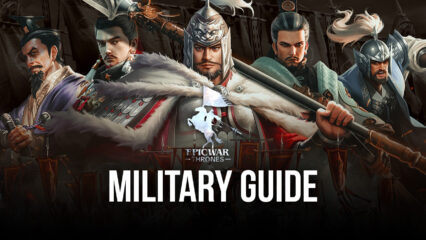Epic War: Thrones - A Guide to Establishing a Good Economy
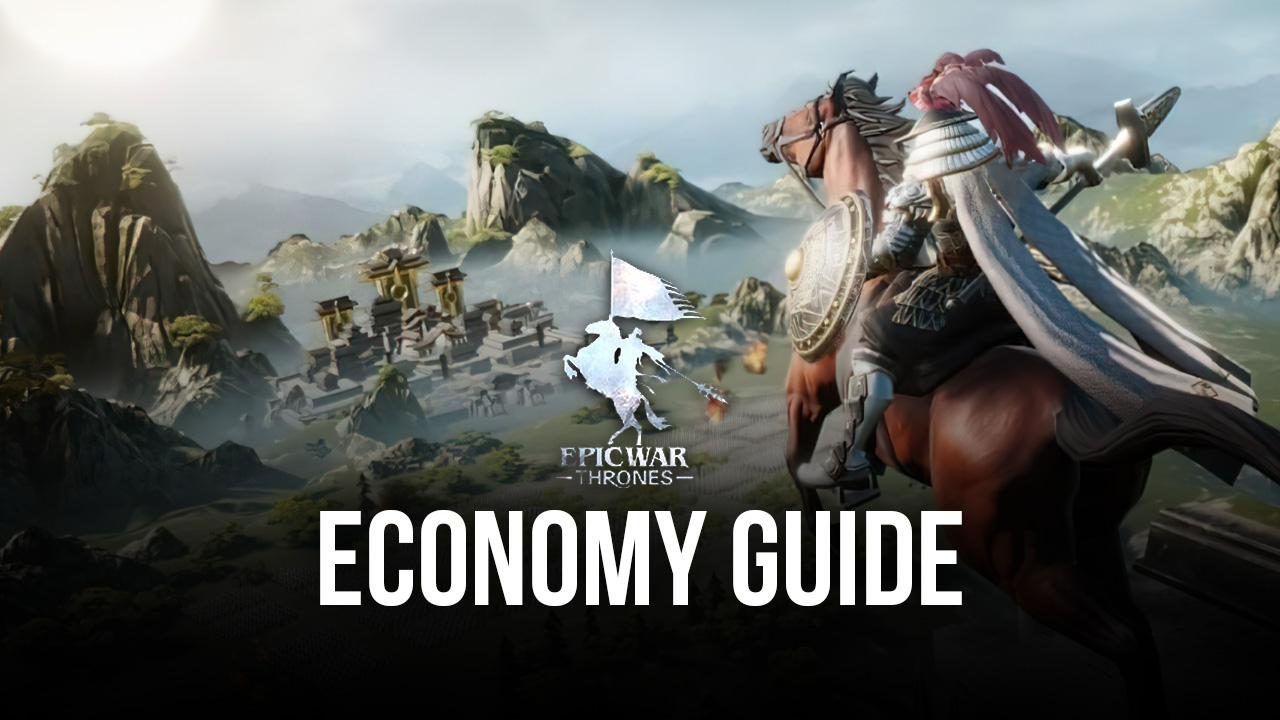
Understanding the in-depth knowledge about establishing a good economy in Epic War: Thrones can be quite a long topic that a single article can’t explain. There are so many things that go into the economics of this game that it should be its own course. Luckily, it’s easy to learn it along the way once you understand the basics of how it works. This guide will help players understand the core elements of how to create a working economy so that they can stand on their own feet in the game.
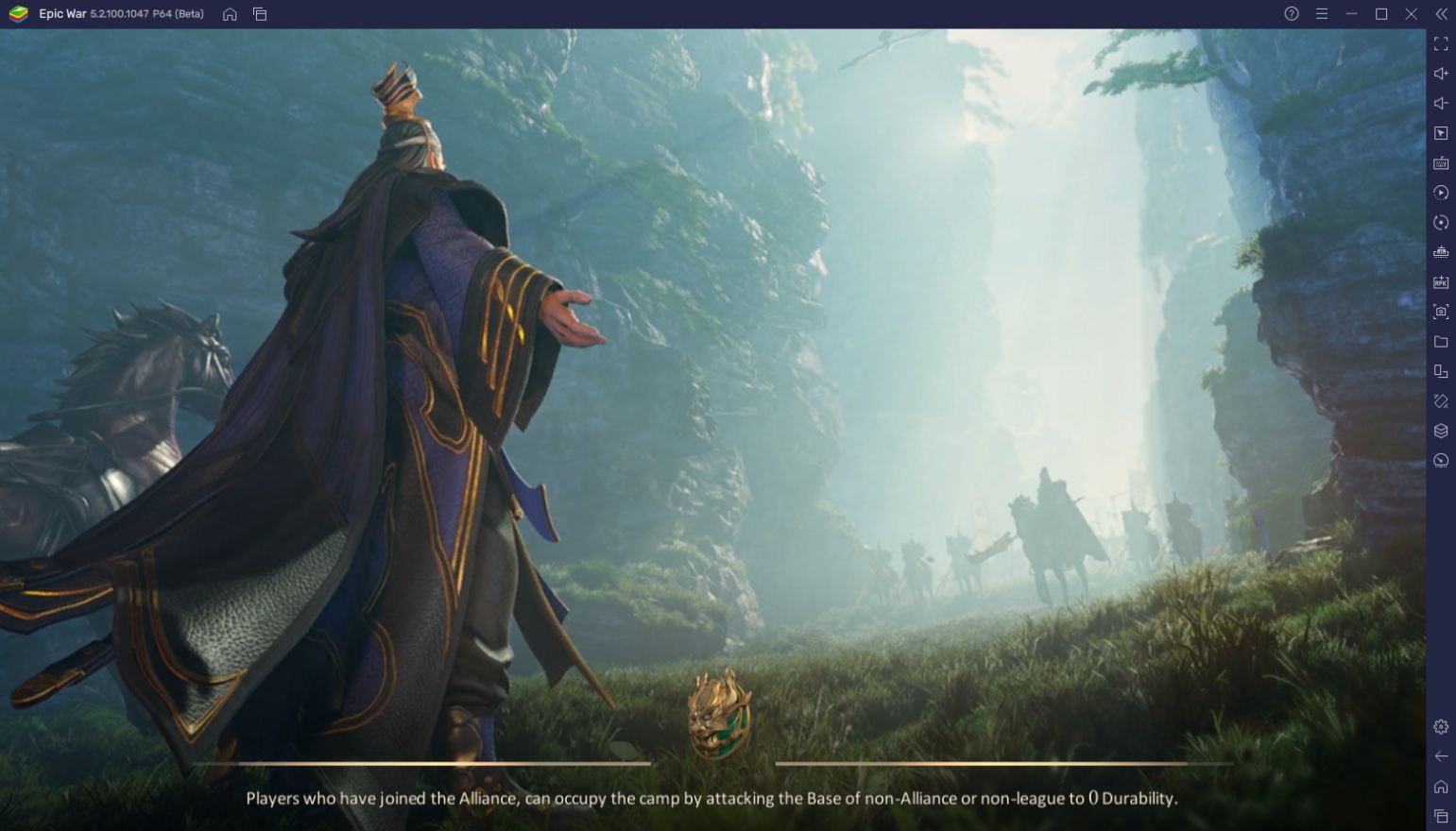
Players either underestimate the importance of their economy or grow complacent knowing that they produce “enough”. The truth is that the production of resources in the game is never enough because there’s a constant need to acquire more so that players can keep their kingdoms busy in construction or military training. This is why a lot of veteran players push towards having a strong economy first before anything else and here’s how you can do the same even as a beginner.
The Resources
There are 4 basic resources in Epic War: Thrones which are food, wood, iron, and stone. Additional resources include copper, the basic currency in the game, and beads and seals, which are the premium currencies. Wood, iron, and stone are probably the most important resource in the early game since they are used for construction, which will be the player’s priority during the early stages of the game. Food and gold are extremely abundant so there’s no need to prioritize these resources early.
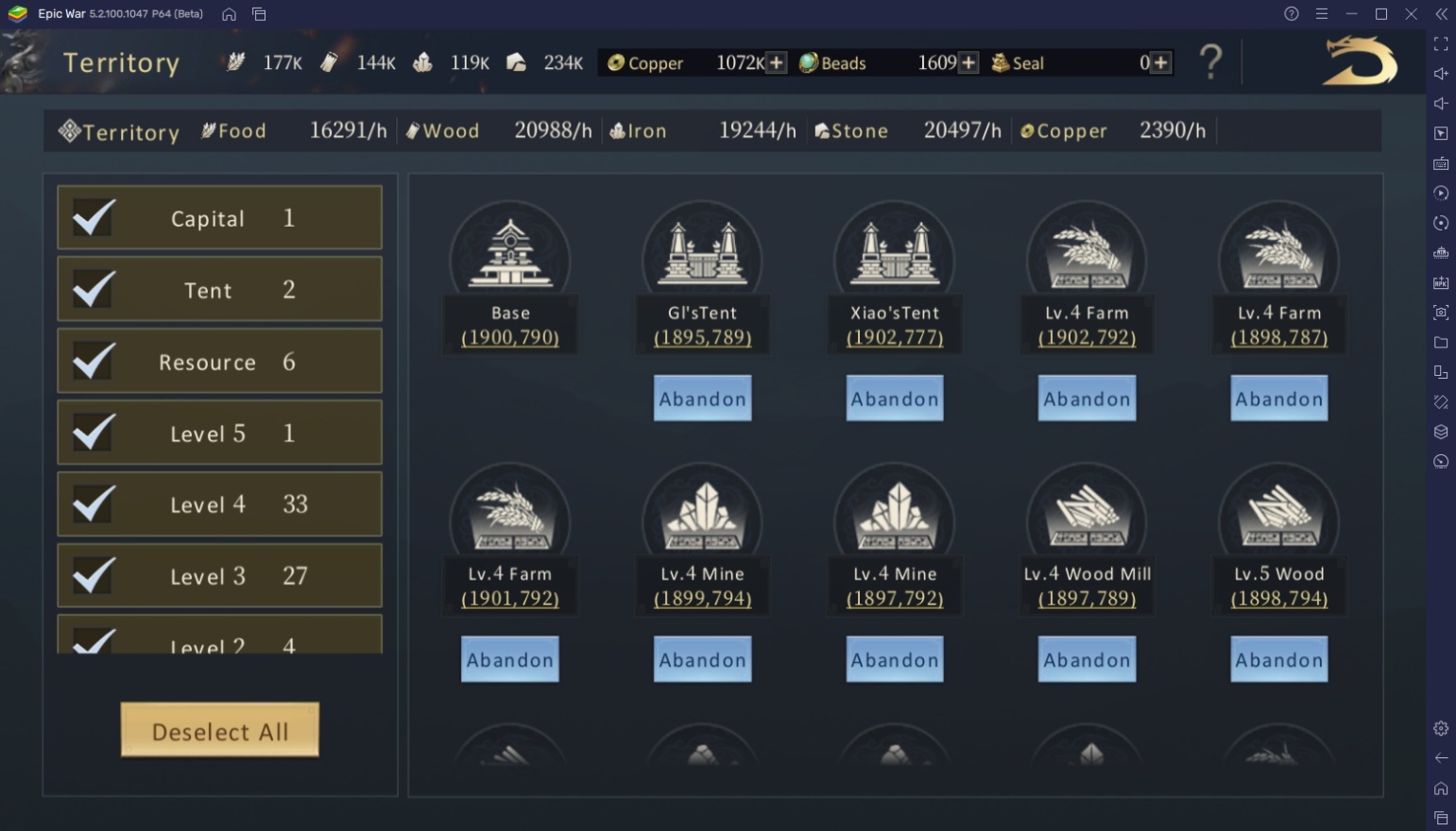
Stone and wood are the two resources that easily run out. The game uses a ridiculous amount of stone when construction so it’s highly recommended that you try to have this as your highest production in the early game. Later on, food will play an important role because you’ll be expected to train a ton of troops quickly which will consume this resource instantly. Copper may seem abundant in the early game but that’ll quickly run out as the game progresses so don’t forget to collect taxes.
Base Production
The kingdom’s base production is the most important source of resources in the game. Base production refers to the production buildings inside your city which are the farms, wood mills, quarries, and foundries. This is considered the most important source of resources because it isn’t affected by anything that other players can do. This means that even if you end up getting bullied by other players, your base production will remain the same and provide you with the means to fight back.
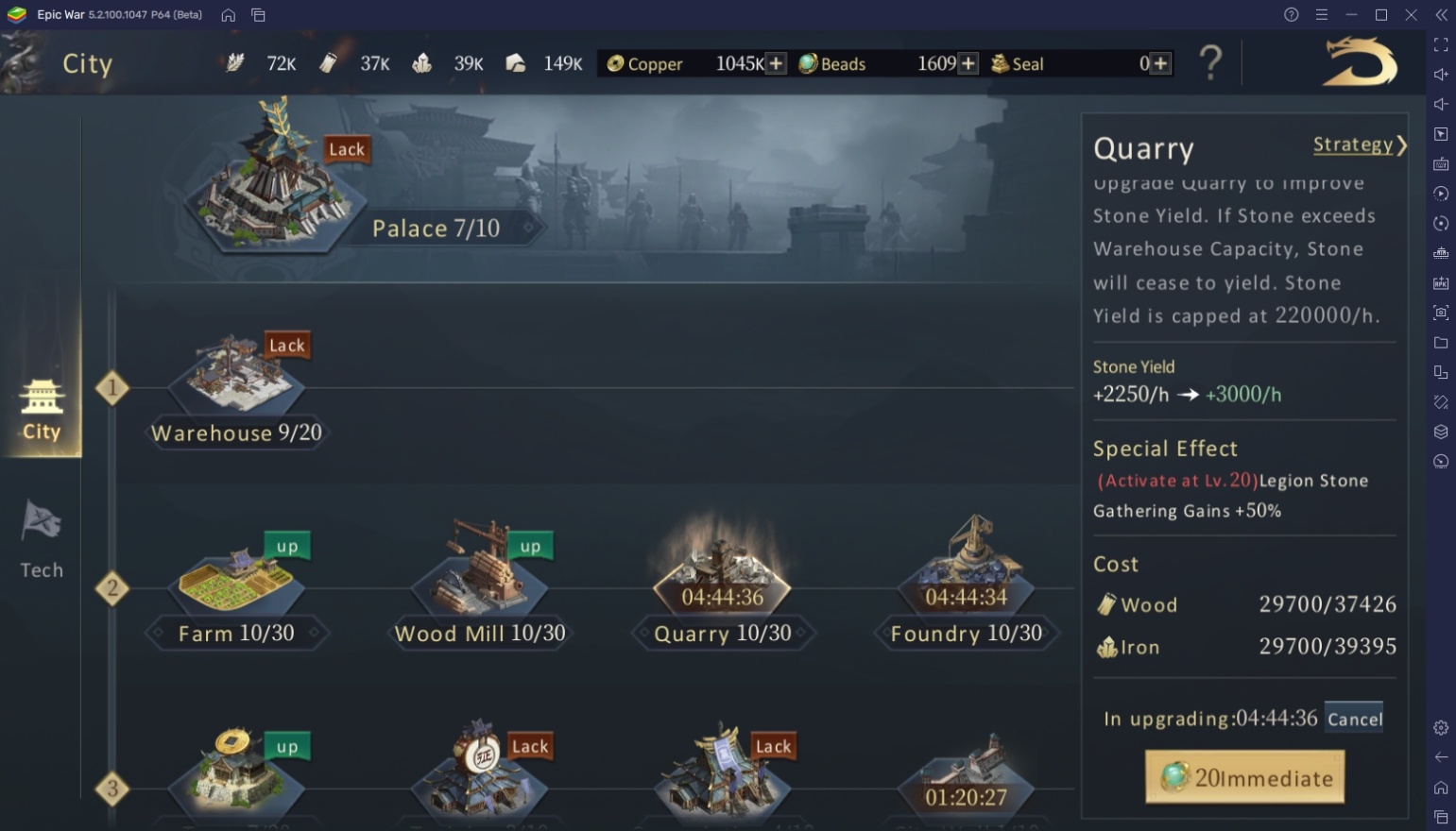
The best advice that anyone can give you is to try and rush your production buildings to reach level 20 as quickly as possible. This is because at level 20, your production value is increased by 50%, making these buildings have a relevant output to your kingdom. Although, it’s incredibly hard to do so if you’re not prioritizing your economy. It’s also a good idea to level up your warehouse so that you can collect more resources without any of it overflowing when you’re offline.
Territory Contribution
The biggest contributor to your kingdom’s economy is territory tiles. In our Beginners’ Guide, we mentioned how important it is to expand your territory in Epic War: Thrones and one of the reasons we highlighted was because this contributes to your resource production. In the overworld, you’ll see tiles that have numbered values that determine their difficulty. The higher the value, the more resources they’ll produce so try to get the highest amount you can.
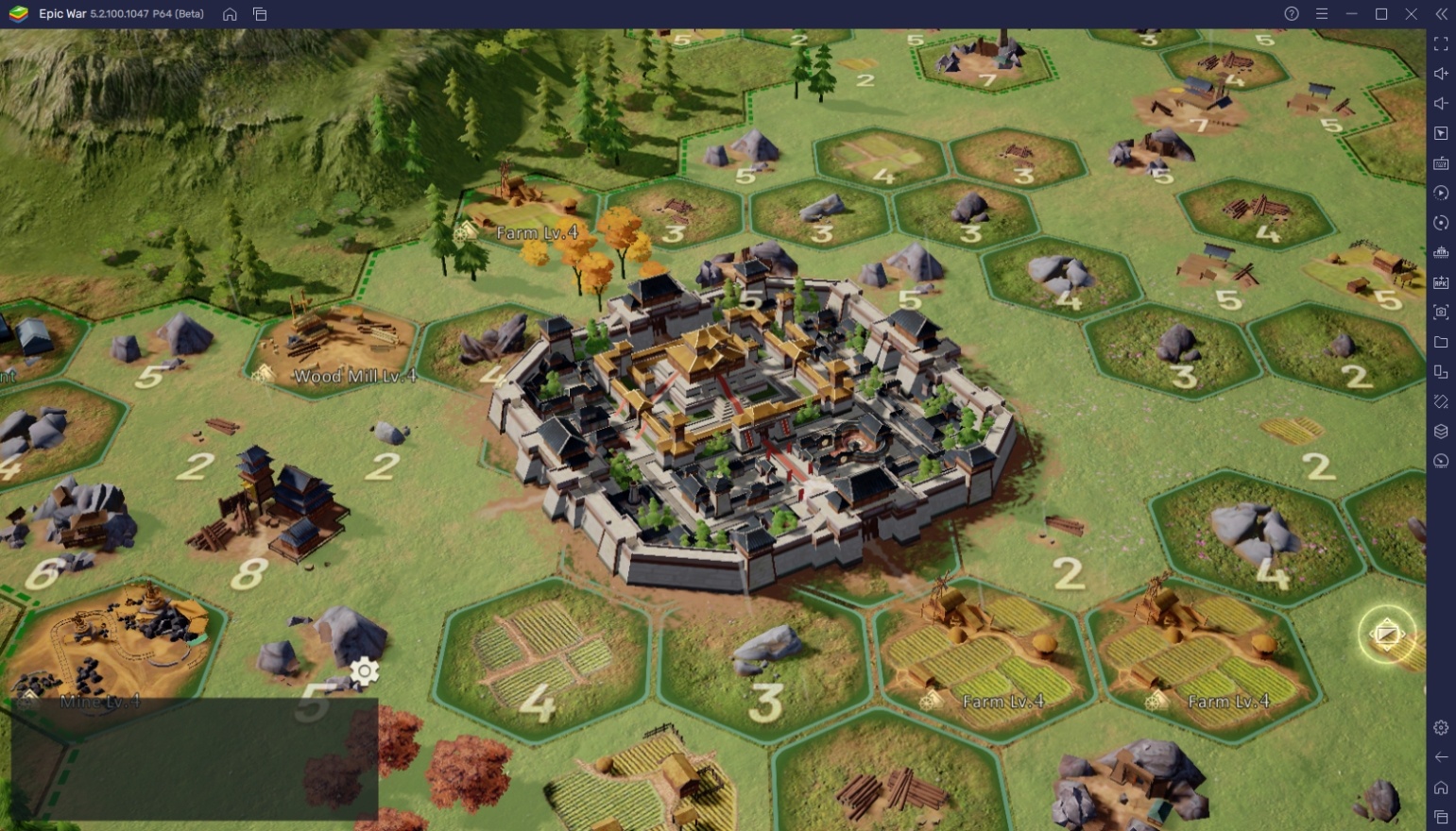
A good strategy in the early game is to fill your territory limit as soon as possible. Do this by collecting all the important territory tiles that you have inside your area of influence, which you can expand by occupying a tile near the border or constructing a Sentry Tower. Try to avoid plains and forests because these do not offer any good resources productions and only consume your territory limit. Try to take tiles depending on the resource that you most need. There’s no need to balance it out.
Gathering Resources
Gathering resources is the fastest way to get additional supplies in the game. You can do this by ordering a legion to gather resources on a tile you already occupied. The value that you get depends on the level of the tile and not on the strength of your legion. Remember that gathering resources consumes a march order token, which is hard-capped per day so it’s a good idea to save it on resources you need immediately.
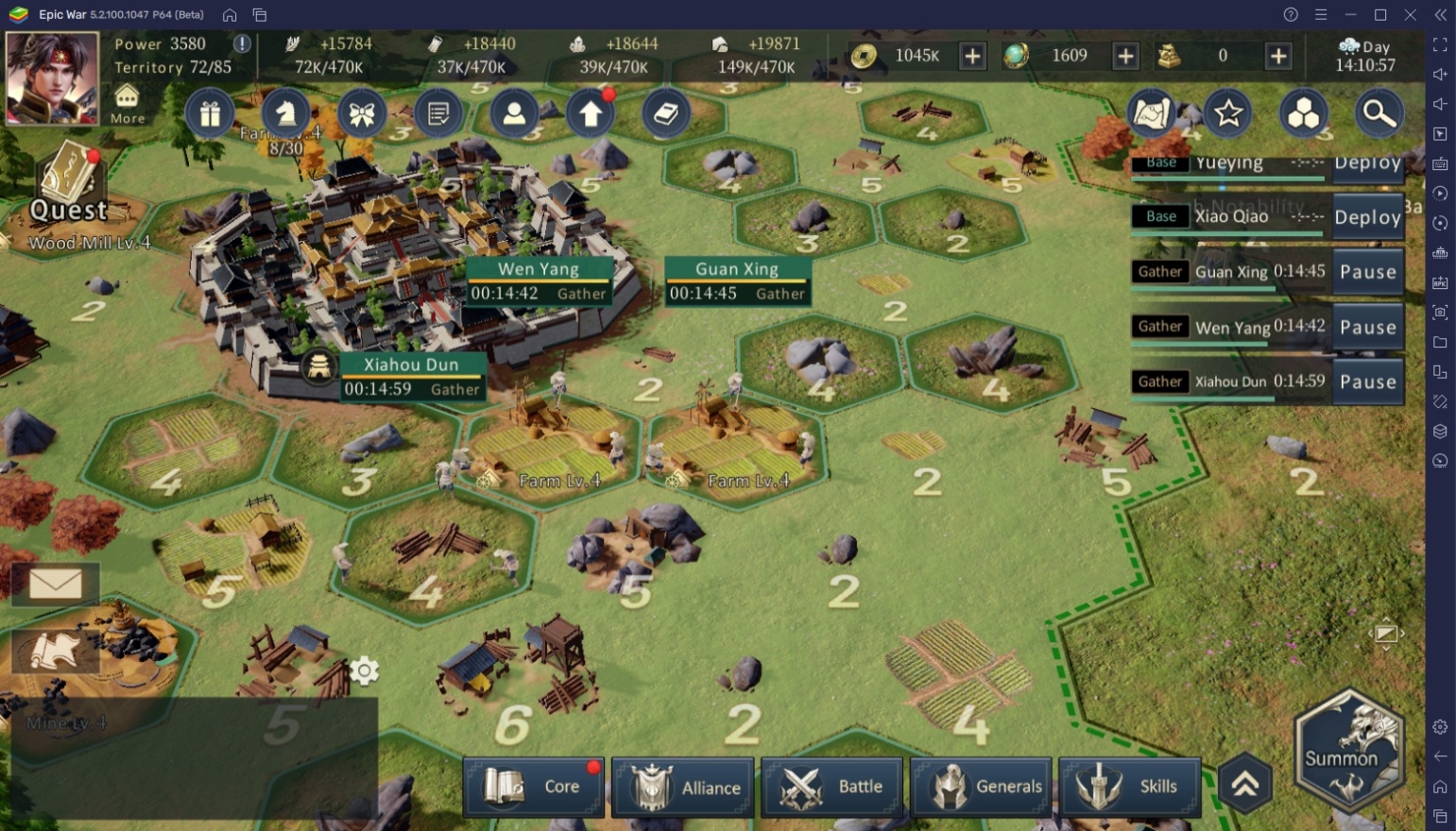
In the early game, you will most probably gather a ton of stone and wood since these are the hardest resources to acquire. It’s also a good idea to gather from your highest value tile so that you end up gaining more and use up march order tokens efficiently. Additionally, don’t be afraid to spend beads to purchase additional march order tokens so that you can freely gather resources in the game. They are extremely cheap and are worth spending your currency on.
Appointing Generals
Appointing generals is another great way to increase your resource production. While this method doesn’t directly produce its own resources, it’s a great way to increase the value that your base resources yield. Generals have special roles outside of military skirmishes because some specialize in politics or charisma. These stats don’t do anything in combat but will ramp up their influence when assigned in specialized roles inside your kingdom. You’ll know which units these are by looking at their attribute spread.
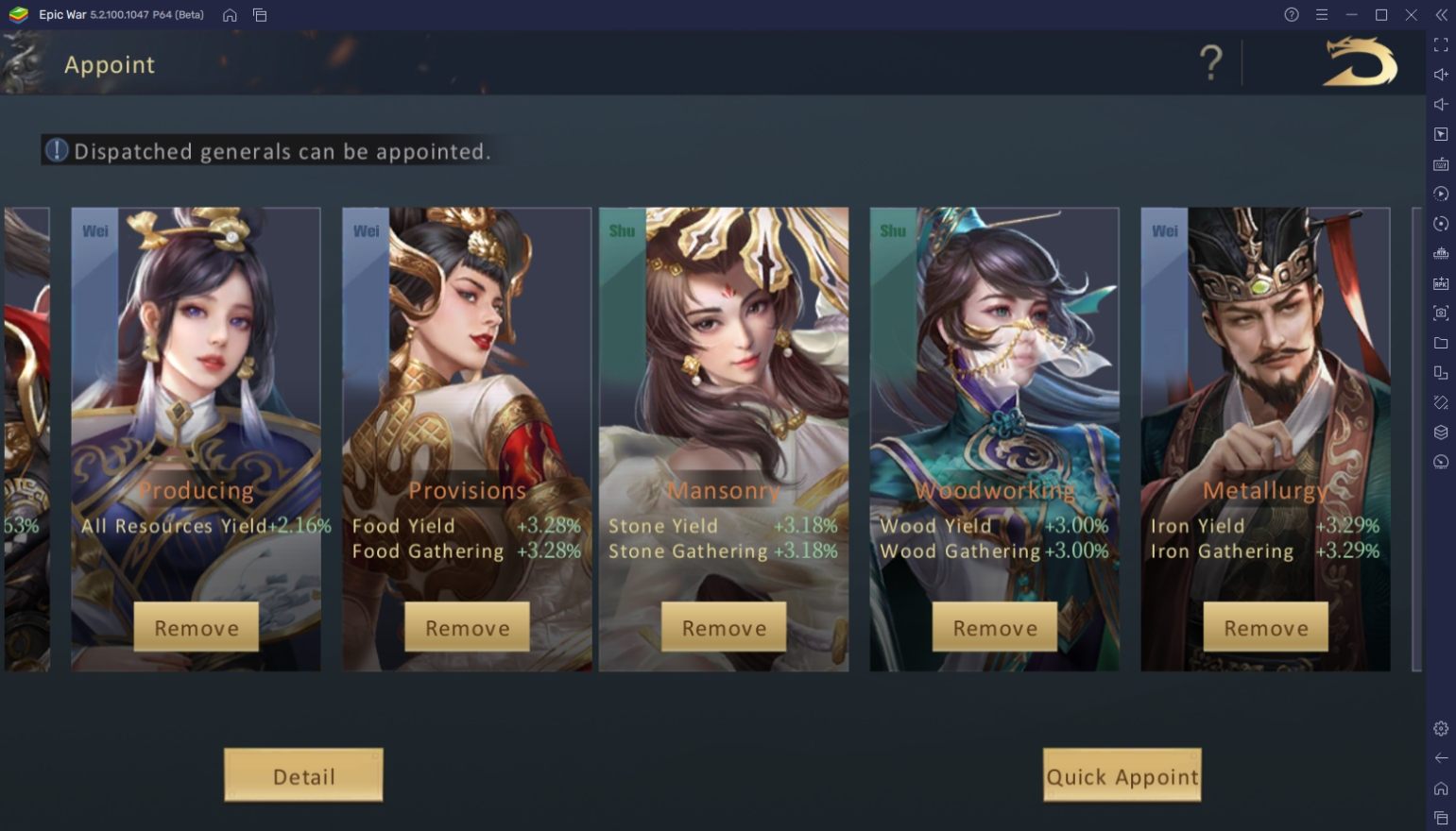
Once you level up your base resources to level 10, you will be given the option to appoint a general in that specific resource to boost the yield. Choose which general you want to appoint because some generals will have a lot higher bonus compared to some. Remember, military generals should stay on the field while political generals should be left at home to help the city develop faster. However, you can still appoint a general in office even if it’s already part of your legion.


